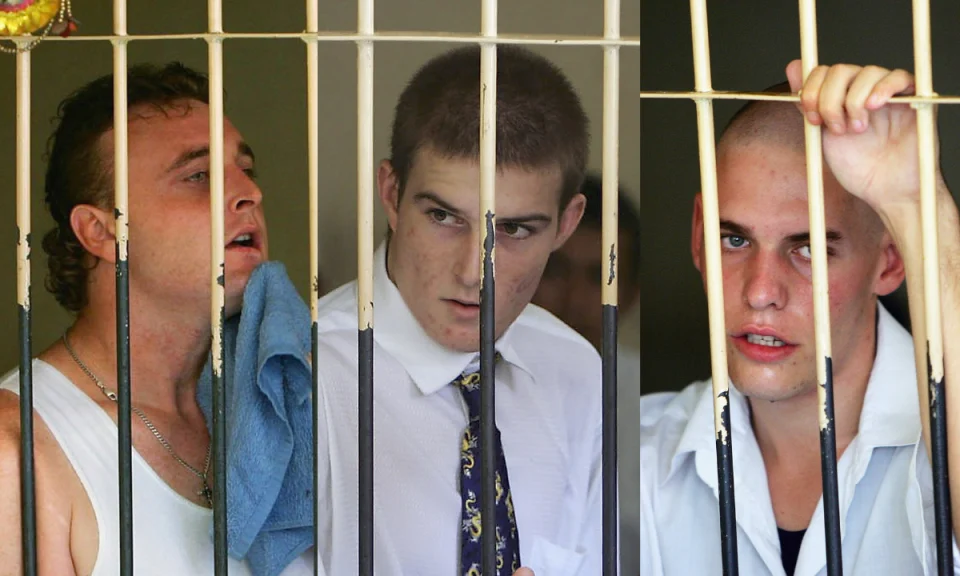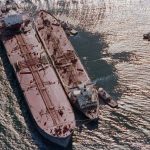Five Australians who spent almost 20 years in Indonesian prisons for heroin trafficking have returned to Australia under a deal between the two nations, Prime Minister Anthony Albanese announced on Sunday.
The government had confirmed weeks earlier that negotiations were in progress for the return of Matthew Norman, Scott Rush, Martin Stephens, Si Yi Chen, and Michael Czugaj. Their repatriation on Sunday was kept confidential.
Initially, there were concerns that the men might serve out their life sentences in Australian prisons. However, Albanese clarified that they returned as free citizens. He expressed gratitude to Indonesian President Prabowo Subianto for the men’s release, stating, “Australia respects Indonesia’s sovereignty and legal processes and we appreciate Indonesia’s compassionate consideration of this matter.”
No reciprocal prisoner exchange or diplomatic trade-off was involved in the release, according to Albanese, who described it as solely “an act of compassion by President Prabowo.”
The five men were part of the notorious “Bali Nine,” a group of nine smugglers arrested in 2005 while attempting to transport 8.3 kilograms (18.3 pounds) of heroin concealed on their bodies to Australia. In a highly publicized case, two ringleaders, Andrew Chan and Myuran Sukumaran, were executed by firing squad in 2015, causing significant diplomatic tension between Indonesia and Australia. Tan Duc Thanh Nguyen, another member of the group, died of cancer in prison in 2018, while Renae Lawrence, the only woman in the group, was released that same year.
According to Indonesia’s senior law minister, Yusril Ihza Mahendra, the five arrived on a Jetstar flight from Bali’s Ngurah Rai International Airport to Darwin, Australia, without media presence. Their return followed the signing of a “Practical Arrangement” by Mahendra and Australian Minister of Home Affairs Tony Burke in a virtual meeting on December 12. He noted that while the men were not pardoned by the Indonesian president, once repatriated, they became the responsibility of the Australian government.
The Australian government has offered them temporary accommodation, medical care, and additional support as needed. Albanese stated that the men would “have the opportunity to continue their personal rehabilitation and reintegration here in Australia.”
Their families expressed relief and happiness at their return, stating, “They look forward, in time, to reintegrating back into and contributing to society.” They also emphasized the importance of providing time and support for the men, asking the media and the community to make allowances for their readjustment.
Credit: ABC News




